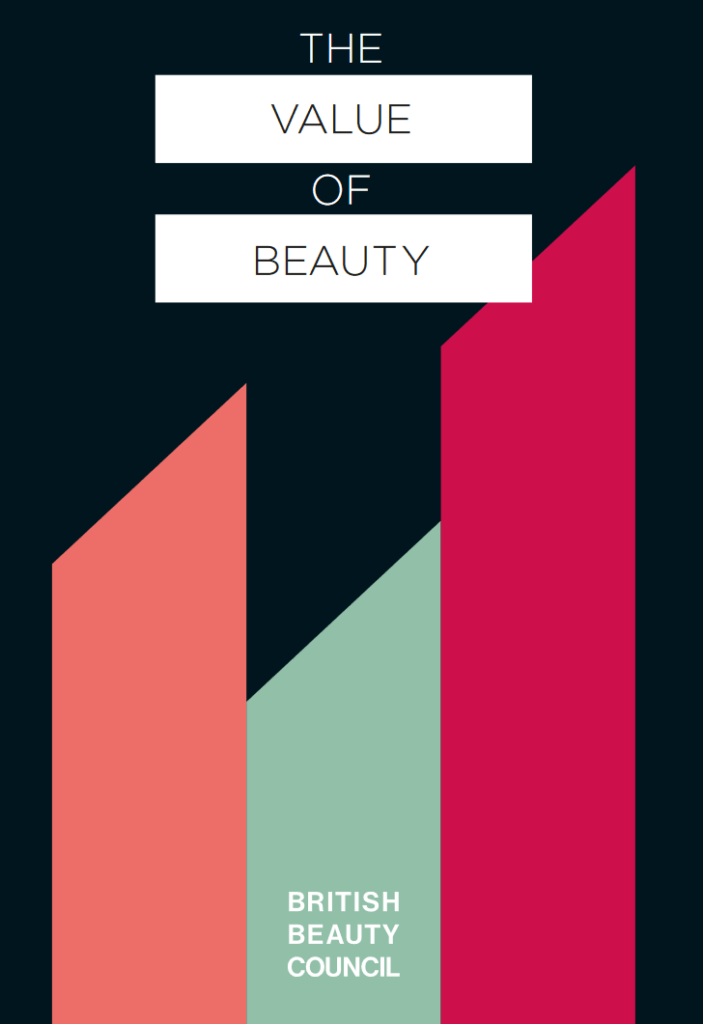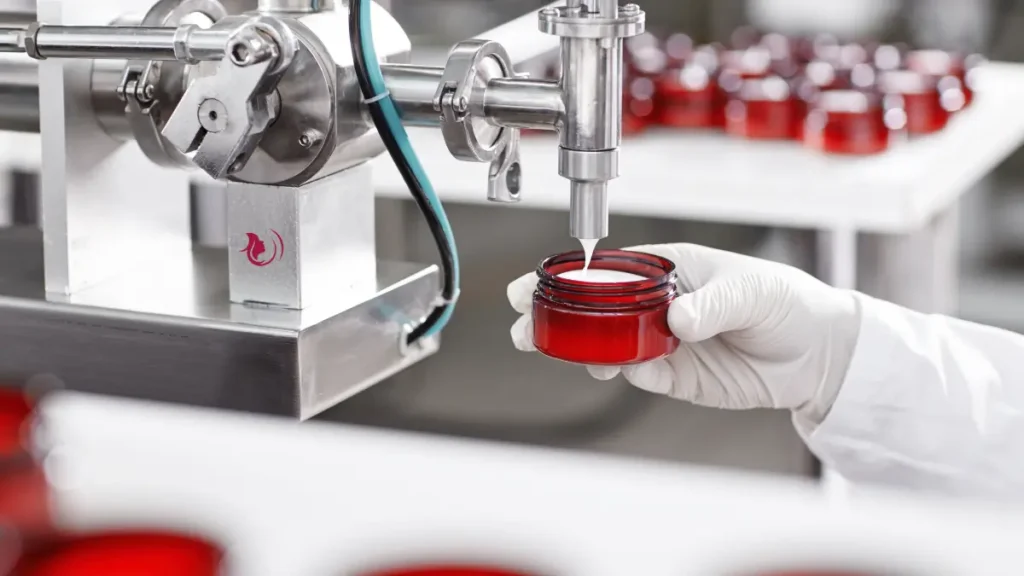The personal care industry in the UK has demonstrated its significant economic contribution and social impact, as highlighted in the British Beauty Council’s 2023 extended report. In 2022, the industry contributed a staggering £24.5 billion to the UK’s GDP, with direct contributions amounting to £12.3 billion. This figure underscores the industry’s importance, equating to 0.5% of the nation’s total GDP. Beyond its direct economic footprint, the industry also supports a robust supply chain and induced economic activities, generating additional revenue and employment across various sectors.
One of the standout findings of the report is the employment impact of the personal care industry. In 2022, the industry supported 550,000 jobs across direct, indirect, and induced channels. Direct employment within the industry accounted for 379,000 jobs, with hair and beauty services alone providing 209,000 jobs. This level of employment highlights the sector’s role in sustaining the livelihoods of a significant portion of the UK’s workforce. The industry’s capacity to support such a vast number of jobs is due in part to its labor-intensive nature, especially within the hair and beauty services sector, which has limited scope for automation.
Economic Contributions and Tax Revenues
The personal care industry is not just a major employer but also a significant contributor to the UK Treasury. In 2022, the sector’s tax contributions totaled £6.8 billion. This includes £3.4 billion from direct industry activities, £1.3 billion from supply chain activities, and £2.2 billion from induced economic activities. These taxes are primarily generated from labor taxes, corporation taxes, and other taxes related to production and purchases. Such contributions are vital for public finances, especially in the context of economic recovery post-pandemic.
Despite the challenges posed by the Covid-19 pandemic, which saw a 28.1% decline in the industry’s direct GDP contributions from 2019 to 2020, the personal care sector has shown resilience. The industry’s recovery trajectory has outpaced that of other sectors such as retail and wholesale, demonstrating its robustness and the ongoing demand for personal care products and services. This recovery is crucial for the broader UK economy, particularly given the industry’s role in supporting high employment levels and generating substantial tax revenues.

Social and Economic Diversity
The report also highlights the diversity and inclusivity within the personal care industry. It is characterised by a workforce that is predominantly female, younger than the average working-age population, and includes a higher proportion of individuals from ethnic minority backgrounds and non-heterosexual identities compared to other sectors. This diversity extends to entrepreneurship within the industry, where business ownership rates are almost three times higher than the national average, with over 80% of these businesses being female-owned. Such diversity not only enriches the industry but also promotes inclusivity and social mobility.
Furthermore, the industry plays a significant role in regions with high levels of income deprivation and unemployment, providing employment opportunities and supporting local economies. This widespread and stable employment footprint across the UK is essential for economic equality and social mobility. The industry’s ability to foster such opportunities highlights its importance beyond mere economic contributions, underpinning its role in societal well-being.
Digitalisation and Brexit Challenges
In recent years, the personal care industry has faced numerous structural changes, including digitalisation and the impacts of Brexit. The rise of e-commerce has transformed consumer purchasing behaviors, necessitating adaptations from businesses within the sector. The British Beauty Council’s report indicates that many UK personal care businesses have experienced increased administrative burdens and compliance costs due to new trade barriers post-Brexit.
This has been particularly challenging for exporters and those reliant on international supply chains. Despite these challenges, the beauty industry continues to evolve, with many businesses adopting innovative strategies to navigate these changes.
The Role of Education and Skills Development
The industry also invests heavily in education and skills development, supporting the completion of almost 80,000 recognised qualifications in the 2021/22 academic year. This commitment to education ensures a skilled workforce capable of sustaining the industry’s growth and adapting to new technologies and methods. By fostering a well-trained workforce, the personal care industry not only enhances its own productivity but also contributes to the overall skill level of the UK labor market.
A Fresh Outlook
The British Beauty Council’s 2023 report paints a comprehensive picture of the personal care industry’s economic, social, and educational impact. With a total GDP contribution of £24.5 billion, support for 550,000 jobs, and significant tax contributions, the industry is a vital component of the UK economy. Its resilience in the face of challenges such as the Covid-19 pandemic and Brexit underscores its robustness and adaptability.
The industry’s commitment to diversity, education, and social mobility further enhances its value to society. As the industry continues to evolve, its contributions will remain indispensable to the UK’s economic and social fabric.


